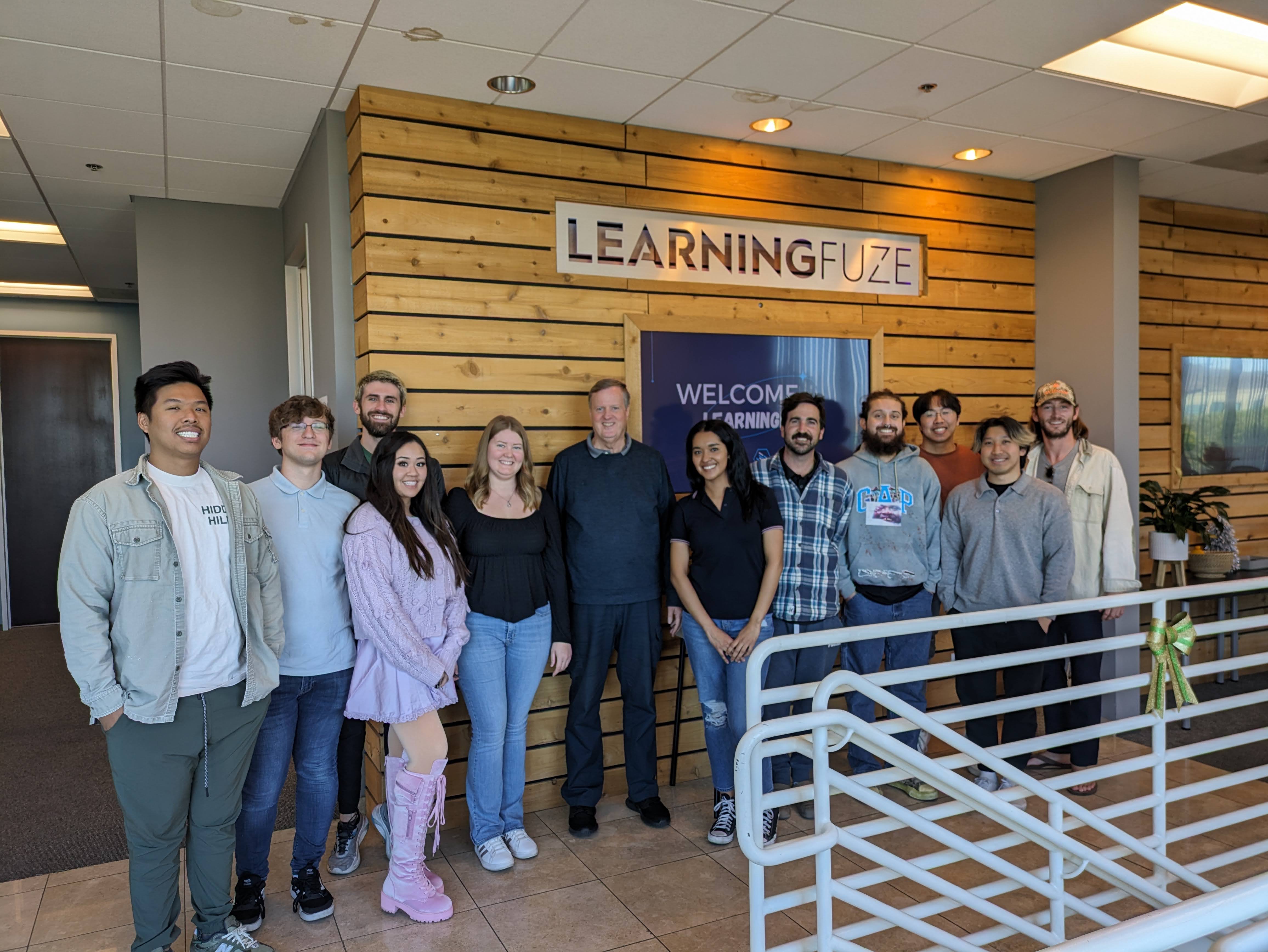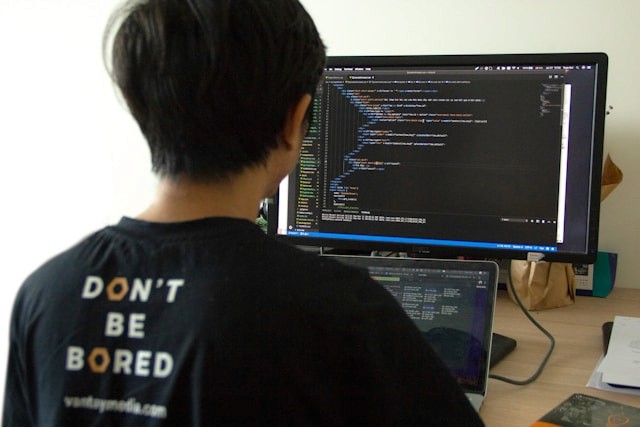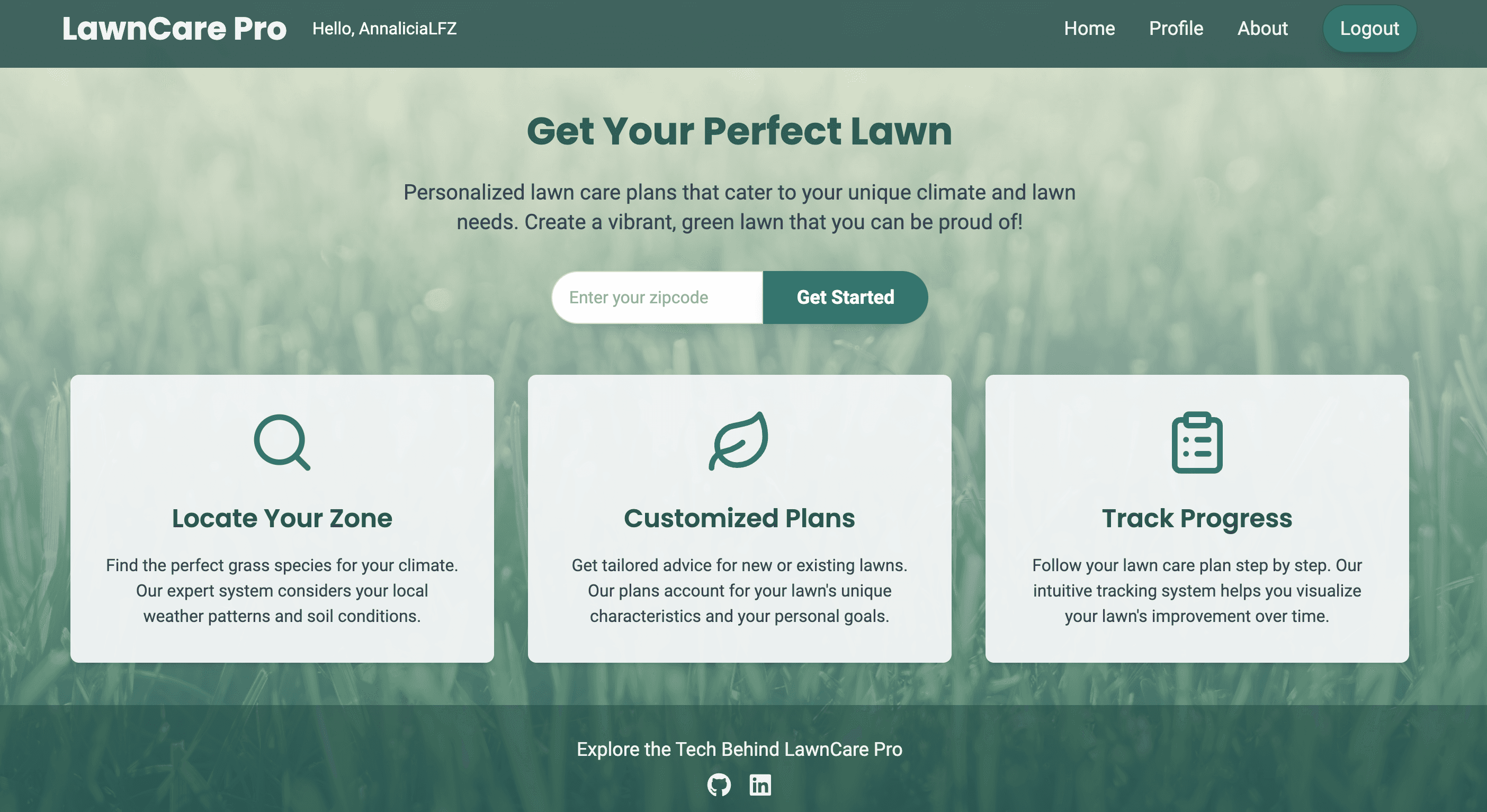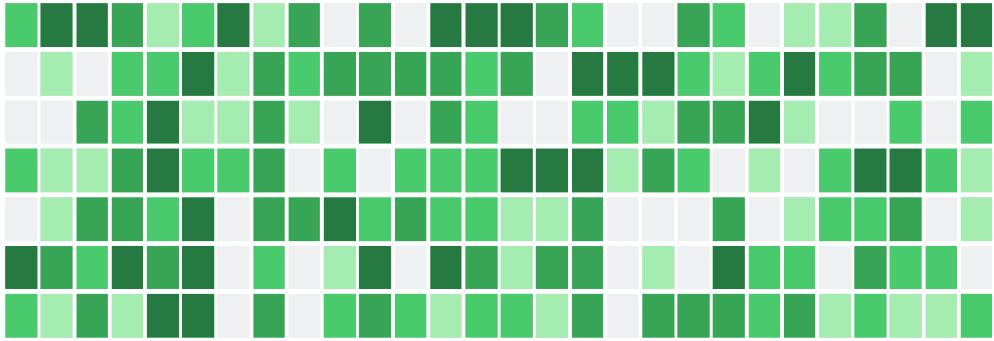Is a Coding Bootcamp Worth It in 2024?
Are you considering taking a coding bootcamp to become a software engineer or web developer? If so, you may be wondering if the benefits of a coding bootcamp are worth the time and money it takes to attend. To help you decide, we will take a look at what coding bootcamps offer and how they compare to traditional college-level computer science programs.
What Coding Bootcamps Offer
Coding bootcamps are intensive courses designed to teach students the fundamentals of programming in a matter of weeks or months. Many coding bootcamps also offer job placement services, making them an attractive option for aspiring software engineers who want to break into the industry quickly.
Coding bootcamps typically focus on teaching one particular language or technology stack (e.g., JavaScript) as well as essential programming concepts such as algorithms and data structures. They also provide career guidance and mentorship opportunities with experienced software engineers from top companies.
Advantages Of Coding Bootcamps Over College Programs
Coding bootcamps have several advantages over traditional college-level computer science programs, including shorter duration (months instead of years), lower cost, more focused curriculum, and more hands-on learning opportunities. Additionally, most coding bootcamps offer job and internship placement assistance after graduation, which means that students can get hired into their first engineering role faster than if they had gone through a college program first.
Downsides of Coding Bootcamps
Of course, there are some downsides to attending coding bootcamps that prospective students should consider before enrolling. For example, some employers may not recognize coding certificates from non-accredited institutions as valid credentials, and many coding bootcamps require significant commitment in terms of both time and money—so make sure this is something you’re willing to invest in before signing up!
In conclusion, whether or not attending a coding bootcamp is worth it depends on your individual goals and situation. With its shorter duration and lower cost compared to college-level computer science programs — not to mention its job placement assistance — a coding bootcamp could be the perfect way for aspiring software engineers to jumpstart their careers quickly and efficiently. On the other hand, those who want more comprehensive training may find traditional college programs better suited for their needs. Ultimately only you can decide which route is best for you!
What Does It Mean to Be a Software Engineer?
Have you ever wondered what it means to be a software engineer? A software engineer is responsible for developing, testing, and maintaining software. They create everything from web applications and mobile apps to computer games and operating systems. A software engineer must have excellent problem-solving skills, technical knowledge, and creative thinking abilities. We will take a closer look at what it takes to become a successful software engineer.
Education Requirements for Software Engineering
The education requirements for becoming a software engineer vary depending on the job. Some jobs may require additional certification or experience in specific programming languages or platforms. Additionally, since software engineering is an ever-changing field, continuing education is important for staying up-to-date on the latest technologies and trends.
Skills Needed for Successful Software Engineering
Software engineers need strong problem-solving and creative thinking abilities to create effective solutions to complex problems. They also need excellent communication skills so they can effectively collaborate with other members of the team on projects. Technical knowledge of programming languages is essential for creating high-quality code that meets customer expectations. Finally, experience with various operating systems, such as Windows or Linux, can be beneficial when troubleshooting issues or writing code that works across multiple platforms.
Final Thoughts On Becoming A Software Engineer
While there are many steps involved in becoming a successful software engineer - such as obtaining the necessary education and certifications - it is worth it if you are passionate about technology and want to make an impact in this exciting field! Aspiring software engineers should focus on building their technical knowledge while honing their communication skills so they can collaborate effectively with other members of the team. With hard work and dedication, anyone can become an expert software engineer! If you’re interested in pursuing this career path, there are plenty of resources available online to help get you started on your journey toward success!
An Introduction to Web Development
Web developers are the people behind the scenes who work hard to create our favorite websites, apps, and software. But what exactly do they do? Let’s explore.
What Is a Web Developer?
A web developer is a person who specializes in creating websites, web-based applications, and other types of software. They use programming languages to build these sites from the ground up. It is important to note that web developers don’t just design websites – they program them too! This means that they need a strong understanding of coding and programming principles in order to be successful. It also helps if they have experience with databases and other back-end technologies as well.
The Different Types of Web Developers
There are many different types of web developers out there. Front-end developers focus on creating functionality that users can interact with on the website (like dropdown menus or buttons). Back-end developers focus on the server side of things – making sure that everything runs smoothly behind the scenes on the server side. Full-stack developers understand both front-end and back-end development and can handle any task related to website development. Finally, there are some specialized roles like DevOps engineers who specialize in developing automated tools for managing servers, or Security Engineers who make sure websites are safe from hackers or malicious attacks.
Skills Needed for Web Development
Web development is a complex field, so it requires many different skills in order to be successful. These include problem-solving and troubleshooting skills, as well as an understanding of coding languages such as HTML, CSS, JavaScript, and more. Additionally, familiarity with databases can also be helpful when dealing with back-end development tasks. Good communication skills are also necessary for working with clients or colleagues in order to ensure project success. Lastly, creativity is key when it comes to designing user interfaces or developing new features for existing applications/websites.
As you can see from this overview, becoming a web developer takes time and dedication in order to gain all the necessary skills needed for success! Whether you’re interested in becoming a full-stack developer or specializing in one particular area of expertise like DevOps engineering or security engineering – there is plenty of room for growth within this field! So if you’re looking for an exciting career path that allows you to combine your technical know-how with creativity and problem-solving, then consider taking your first steps toward becoming a web developer today!
The Benefits of Attending a Coding Bootcamp
Coding bootcamps are an increasingly popular way for people to learn coding skills, especially when compared with more traditional routes such as college or university. These bootcamps provide hands-on learning opportunities that are often cheaper than college and can give students the skills they need to pursue a career in coding. Let’s take a closer look at some of the benefits of attending a coding bootcamp.
Cheaper Than College
One of the most obvious benefits of attending a coding bootcamp is that they are often much cheaper than college. Coding bootcamps typically cost around $10,000 – $20,000, whereas college tuition fees can be upwards of $50,000 (per year) or more. This makes coding bootcamps more accessible to those who may not have been able to afford college tuition fees. Furthermore, many coding bootcamps offer financing options and scholarships that can make attending even more affordable.
Hands-On Learning
Another great benefit of attending a coding bootcamp is the hands-on approach it provides. Rather than just reading about theory in textbooks, students get real-world experience working on projects and building their own apps from scratch. This gives them actual experience using the skills they are learning and helps them develop the ability to think like developers and problem-solve like professionals. It also prepares them for the real-world environment by teaching them how to work with other developers and collaborate on projects together.
Coding bootcamps provide an excellent alternative to traditional education for those looking to learn coding skills quickly and affordably. Not only do they offer up-to-date instruction in cutting-edge technologies, but their hands-on approach ensures that students gain real-world experience while building their portfolio along the way. With flexible financing options and scholarships available, there has never been a better time to attend a coding bootcamp! For anyone looking to jumpstart their career in tech or simply learn some new coding skills, attending a coding bootcamp is definitely worth considering!
What You Will Learn In A Coding Bootcamp
Coding bootcamps are becoming more popular than ever, and for a good reason. These intensive programs offer a unique opportunity to learn a wide range of coding languages in a short period of time. Whether you’re looking to become an experienced coder or just brush up on your skills, it’s important to know what you will learn in a coding bootcamp. Let’s take a look at the different coding languages you can expect to see in one of these programs.
HTML
HTML (Hypertext Markup Language) is the foundation for all websites and webpages, so it is a language that you must be familiar with if you want to become an experienced coder. At a coding bootcamp, you will learn how to create basic websites using HTML tags and attributes. You will also learn how to use CSS (Cascading Style Sheets) with HTML to style your website and make it look professional.
JavaScript
JavaScript is one of the most popular coding languages today, and for a good reason. It is used by top tech companies like Google, Facebook, and Microsoft to create interactive web pages, apps, games, and more. At a coding bootcamp, you will learn how to use JavaScript syntax and logic to create dynamic web pages that are capable of responding to user input in real-time. You will also learn about other scripting languages, which can help you make your websites even more interactive.
UX/UI Design
User experience (UX) and user interface (UI) design are two key components of web development. At a coding bootcamp, you will learn how to create interfaces that are easy to use and aesthetically pleasing. You will also gain an understanding of how different users interact with websites and apps, which can help you optimize the experiences they have.
And Much More
Of course, there are many other coding languages that will be learned at a coding bootcamp. You’ll learn hands-on how to operate the many things that make up coding. And you don’t have to have any background to get started with a coding bootcamp.
By attending a coding bootcamp, you will gain practical experience with the latest technologies and languages being used in the industry. This can give you an edge when applying for tech jobs and make it easier to land the job of your dreams. Whether you’re a beginner or a pro, attending a coding bootcamp can help you take your coding skills to the next level.
No matter what kind of experience level or background knowledge you have coming into a coding bootcamp program, there is something for everyone!
These programs provide an excellent opportunity for coders of all skill levels to develop their skills quickly and efficiently — without having to commit years of study at college or university! If this sounds like something that interests you, then why not take the plunge?
Additional Resources
You might like these

Looking for a reliable start in coding? Explore the world of coding bootcamps in San Diego for a fast-track, hands-on learning experience.

February 22, 2024
LearningFuze shares steps on how to prepare for coding bootcamp: self-study, device setup, self-awareness, goals, routine, resolve, priorities & embracing unknowns.

February 22, 2024
Are you an aspiring tech pro considering a coding bootcamp vs degree? Keep reading to learn about the pros and cons of each in this side by side comparison.






